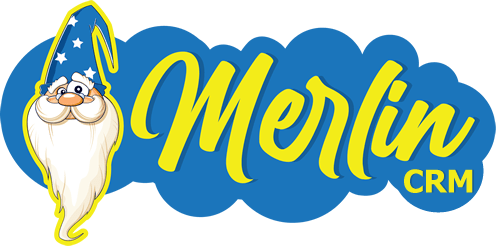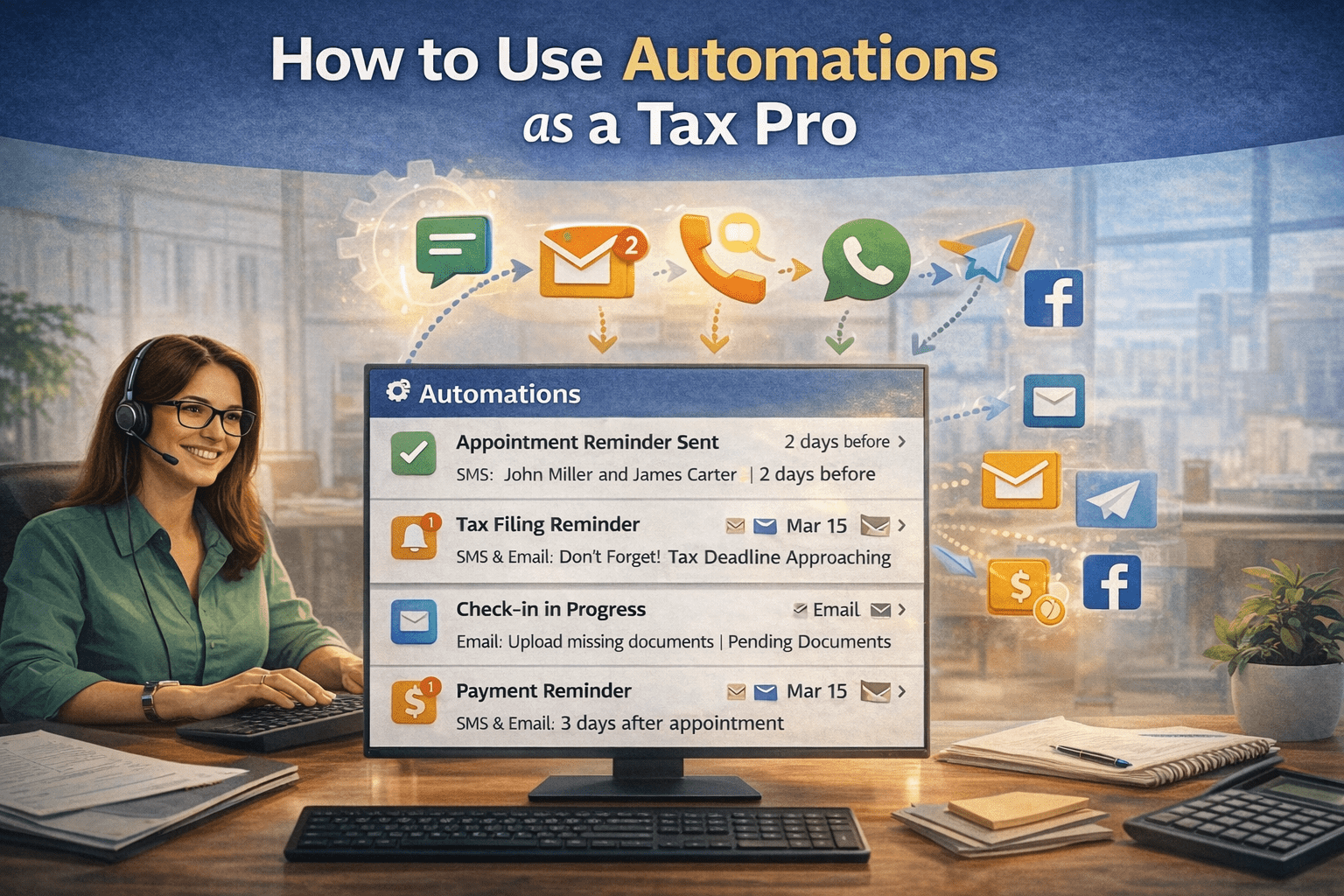A CRM (Customer Relationship Management) system is a powerful tool that can transform how a business interacts with its customers, improves relationships, maximizing crm systems can boosts sales. However, simply implementing a CRM is not enough to realize its full potential. The key to success lies in using a CRM effectively. In this article, I’ll outline five strategies that will help you get the most out of your CRM, ensuring that it drives growth, efficiency, and customer satisfaction.
1. Tailor Your CRM to Business Processes
One of the biggest mistakes businesses make is trying to adapt their processes to fit the CRM. Instead, your CRM should be customized to align with your unique workflows, goals, and customer interactions. Before implementing a CRM, take the time to map out your existing processes and determine how the CRM can enhance them.
For example, if you’re in a B2B environment, your CRM should support long sales cycles and complex lead nurturing processes. In B2C, it might be more focused on automating customer outreach and post-sale follow-ups. Customizing the CRM with relevant fields, workflows, and reports that align with your business will ensure that your team uses it consistently and effectively.
Action Tip:
Work closely with your CRM provider or internal IT team to configure the system in a way that matches your operations. Regularly review and update these customizations to reflect changing business needs or new opportunities.
2. Leverage Automation for Efficiency
Maximizing CRM automation is a game-changer when it comes to saving time and reducing manual work. By automating repetitive tasks like follow-up emails, appointment scheduling, or lead scoring, you allow your team to focus on more value-added activities like nurturing client relationships and closing deals.
Automation can also help ensure consistency in customer interactions, making sure that no lead or customer falls through the cracks. For instance, you can automate reminders for sales representatives to follow up with leads or trigger a welcome email whenever a new customer signs up.
Action Tip:
Start small by automating basic tasks, then gradually introduce more complex workflows. Regularly review automated processes to ensure they are still relevant and performing as intended.
3. Ensure Clean and Accurate Data
A CRM is only as good as the data it contains. Inaccurate, outdated, or incomplete data can undermine even the most powerful CRM. It’s essential to have a system in place for regularly cleaning and updating your CRM database. This includes removing duplicate entries, ensuring consistent data formatting, and validating contact information.
Accurate data is critical not just for sales but also for customer service and marketing teams, who rely on it to personalize their outreach and provide seamless customer experiences. A clean CRM database leads to better decision-making and more targeted strategies.
Action Tip:
Implement data hygiene protocols, such as regular audits of your CRM data. Train employees on proper data entry procedures, and consider using tools that automatically clean and de-duplicate your CRM database.
4. Use Analytics for Informed Decision-Making
CRMs can generate a wealth of data about customer interactions, sales trends, and overall business performance. However, to maximize the effectiveness of your CRM, it’s crucial to leverage that data effectively. Modern CRMs come with built-in analytics tools that provide insights into customer behavior, sales performance, and marketing effectiveness.
By analyzing this data, you can identify areas for improvement, spot trends, and make data-driven decisions that drive business growth. For example, you might discover that certain customer segments are more likely to convert if contacted at specific times, or that particular marketing channels yield higher-quality leads.
Action Tip:
Regularly review your dashboard reports to stay informed and agile in your decision-making.
5. Invest in Training and Support for Your Team
Even the most sophisticated CRM will fall flat if your team doesn’t know how to use it properly. Investing in ongoing training is essential to maximize CRM effectiveness. Ensure that every team member understands how to use the CRM, from basic functionalities to more advanced features like automation and analytics.
A CRM is often updated with new features and improvements, so continuous training is necessary. This will help your team stay up to date on the latest tools and techniques, ensuring they are using the CRM to its fullest potential.
Action Tip:
Offer both initial onboarding and ongoing training sessions for employees. Create internal resources, such as how-to guides or video tutorials, that team members can refer to as needed.
Conclusion
Maximizing CRM effectiveness is not about installing the system and expecting results to follow automatically—it requires a thoughtful approach. By tailoring the CRM to your business processes, leveraging automation, maintaining clean data, using analytics, and investing in proper training, you can unlock the full potential of your CRM system. Implementing these strategies will enable your business to operate more efficiently, make data-driven decisions, and provide exceptional customer experiences, driving long-term success.






